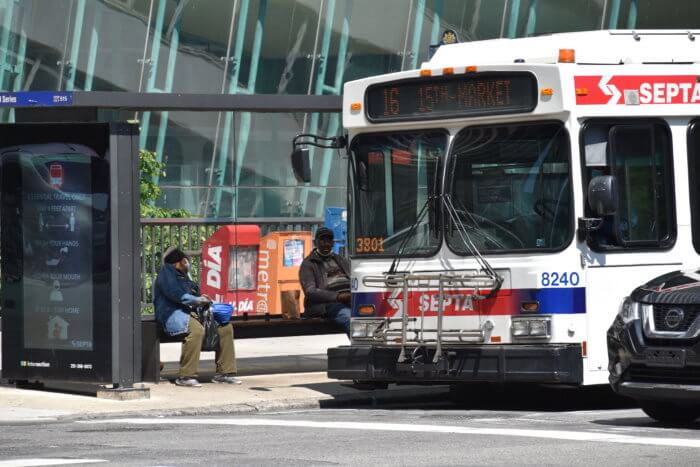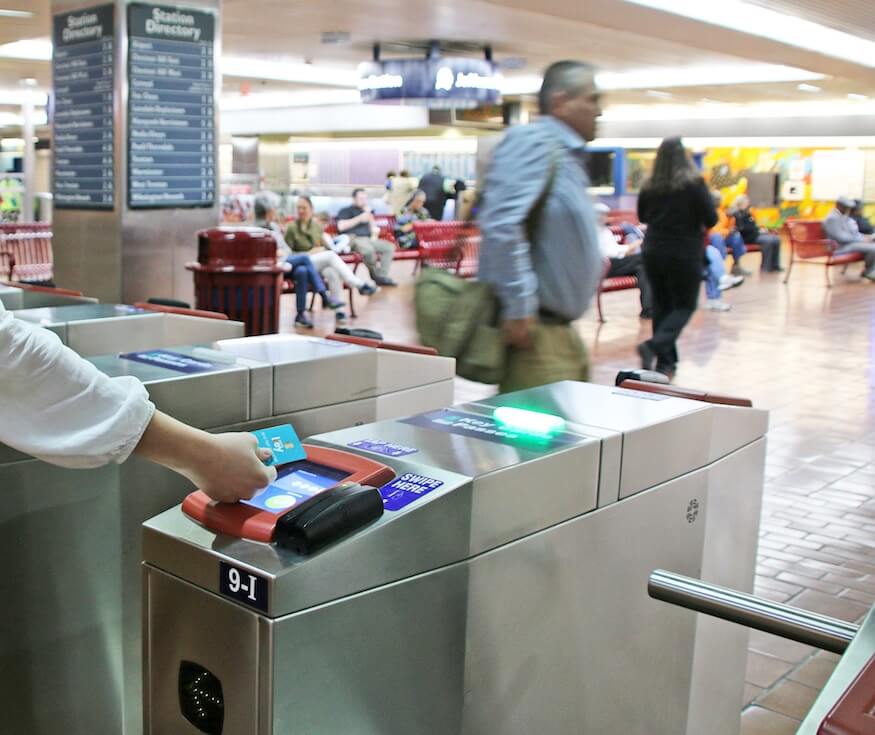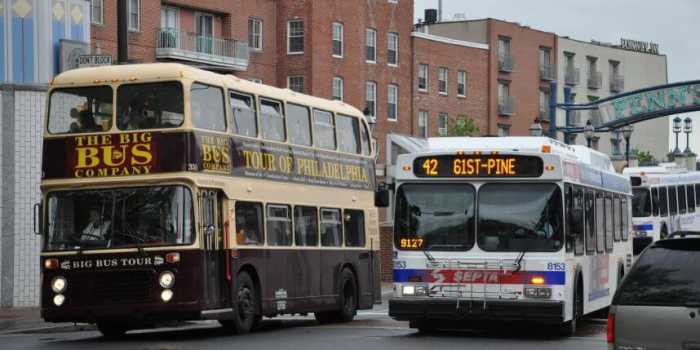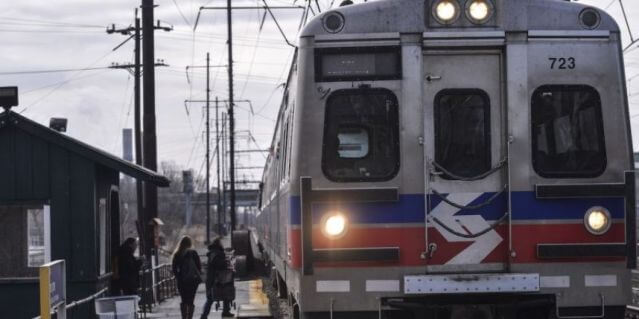SEPTA is calling on experts in the transportation industry to submit their proposals for the next iteration of the authority’s Key card.
Improvements as a result of the project, dubbed “Key 2.0,” are expected to include mobile fare payment and a ticketing system integrated with other transit agencies, such as Amtrak and NJ Transit.
Though launched in 2016, the technology behind the SEPTA Key was developed more than 10 years ago, the authority said.
“SEPTA Key 2.0 will help ensure that we stay up-to-date with constantly-evolving fare collection technology,” Leslie Richards, SEPTA’s general manager, said in a statement. “This is a critical investment in our customers, and an important part of SEPTA’s strategic plan.”
In a request-for-proposals document issued Monday, the authority asked transportation firms to provide market insight from other cities to provide guidance for the “upgrade and/or replacement” of the Key system.
The goals of the project are to build an agile Key 2.0, make it easy to use and harmonize it with modes of travel within and outside of the SEPTA network, according to the RFP.
Proposals are due back Aug. 9, but there is no time frame or budget detailed in the RFP for the implementation of the recommendations.

Officials said the Key reboot will complement other ongoing initiatives, including an effort to redesign SEPTA’s bus network.
About 1.6 million Key cards are in circulation, and a majority of riders buy and reload their cards at one of the 350 automated kiosks at subway stops, bus loops and Center City Regional Rail stations, the authority said.
The system replaced tokens, though its roll-out was delayed and costly. SEPTA has dedicated nearly $230 million to the Key card, nearly doubling the project’s original budget, according to the Inquirer.




























